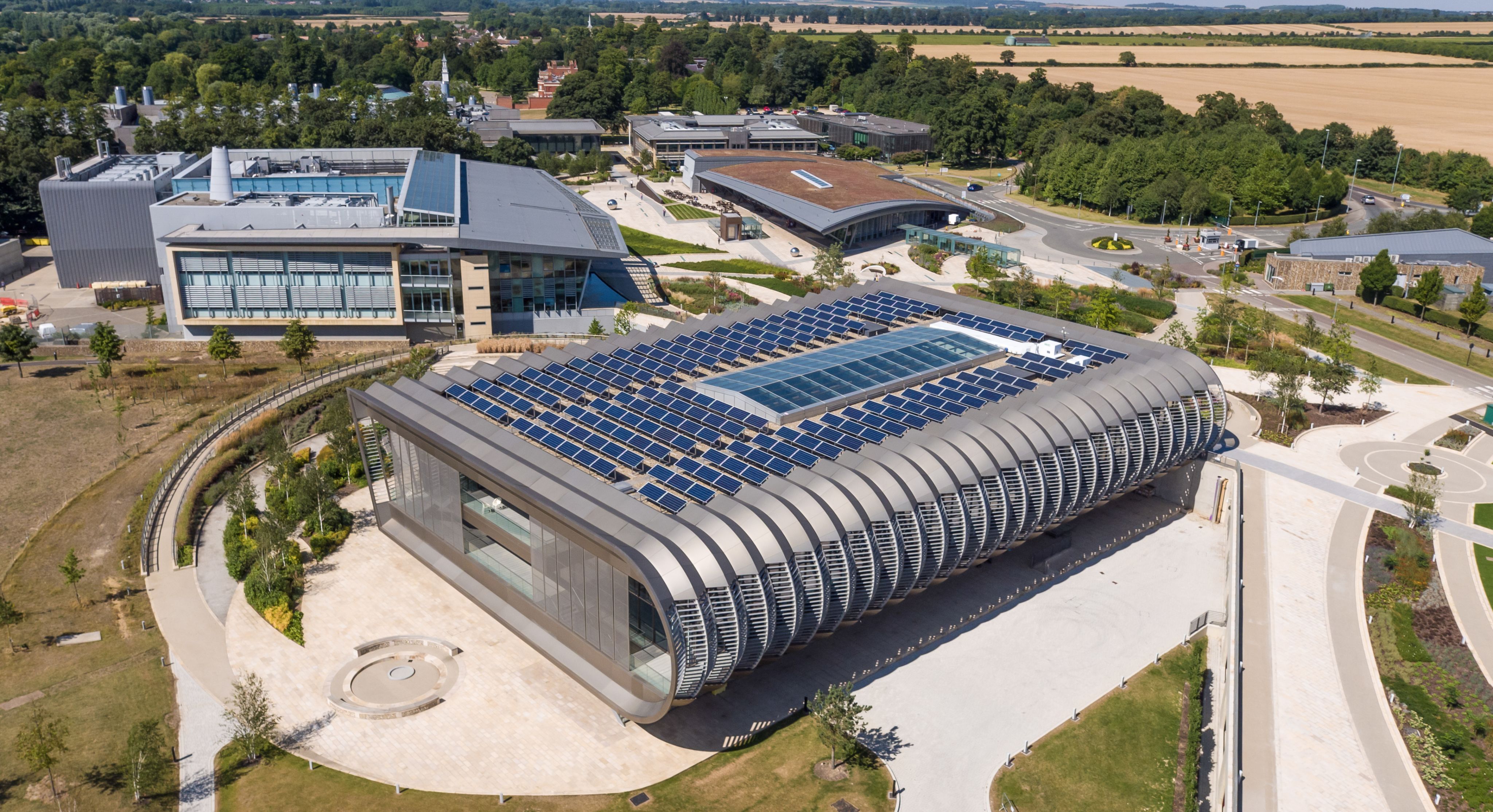Helping scientists realise the potential of big data in biology
European Molecular Biology Laboratory (EMBL) European Bioinformatics Institute (EBI) makes available biological and biomedical data that underpins large-scale science programmes addressing some of society’s most pressing challenges. By facilitating collaborations with the commercial sector, it helps create economic, as well as societal, impact.
Life-science experiments are generating a flood of data every day, which is good news for researchers but poses practical challenges for storing and processing. Bioinformatics makes it possible to collect, store and add value to this data, so that researchers can retrieve and analyse it efficiently.
The EMBL-EBI – an intergovernmental organisation supported by 28 countries, including the UK as a founding member – is one of very few places in the world that has the capacity and expertise to fulfil this important task.
“EMBL-EBI is a treasure trove of data. We store, curate and distribute biological data for the world, so that it can empower research,” says Professor Ewan Birney, Director of EMBL-EBI and Deputy Director General of EMBL. “Core to the EMBL-EBI’s mission is to make this data really useful, enabling new discoveries, and turning those new discoveries into solutions to the problems of society.”
EMBL-EBI collaborates with academic partners and businesses from the pharmaceutical, agri-food, nutrition and healthcare sectors to provide access to a sophisticated, large-scale data and computer infrastructure. Estimates suggest it contributes to future research impacts worth £2.2 billion annually.
With over 107 million web requests received on an average day, EMBL-EBI’s databases, tools and software support millions of researchers. The institute supports flagship large-scale science programmes, such as UK Biobank (a biomedical database containing health information from half a million UK participants); Open Targets (a public-private partnership that uses human genetics and genomics data for systematic drug target identification); the Human Cell Atlas (mapping human cells to help diagnose, monitor and treat disease) and the Darwin Tree of Life (sequencing the genomes of over 70,000 plant, animal and fungi species in Britain and Ireland to aid conservation efforts and potentially provide new tools for medicine). It also hosts the ELIXIR Hub, which supports the co-ordination of biological data provision throughout Europe.

Volvox protist – a protist is a single cell organism with millions of species, contributing to what is often referred to as the ‘hidden biodiversity’ on earth. A hugely diverse group, found in pretty much every body of water, protists play a major role in the oxygen cycle. Studying them could make us rethink what we know about biology, genetics, and the complexities of life on Earth. Credit: Sally Warring, Darwin Tree of Life
Volvox protist – a protist is a single cell organism with millions of species, contributing to what is often referred to as the ‘hidden biodiversity’ on earth. A hugely diverse group, found in pretty much every body of water, protists play a major role in the oxygen cycle. Studying them could make us rethink what we know about biology, genetics, and the complexities of life on Earth. Credit: Sally Warring, Darwin Tree of Life
Image: EMBL’s European Bioinformatics Institute (EMBL-EBI) helps scientists realise the potential of big data in biology, exploiting complex information to make discoveries that benefit humankind. Credit: EMBL-EBI
